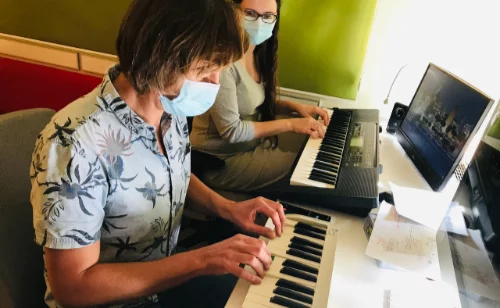
The time course of neuronal plasticity underlying learning in humans - a longitudinal neuroimaging study (National Science Centre HS6/00206)
Project Leader: Project Leader: Artur Marchewka, Phd
LOBI


DETAILS OF PROJECT
Learning new skills is essential for being able to meet the challenges of everyday life. We learn to use of new hardware, software, playing musical instruments or speaking a second language. Without learning new skills we would not be able to stay up to date in an ever-changing world. However the learning process might be different depending on the type of skill we want to acquire. At the same time all changes in human behavior are reflected in the brain. These changes on the brain level are called neuroplasticity, that is the ability of the brain to undergo reorganization. In the last two decades the predominant view that neuroplasticity takes place early in life and becomes largely reduced in adulthood has been challenged. Contemporary research provided evidence for experience and practice-dependent neuroplasticity also in the adult human brain. Yet a lot remains to be discovered about how the adult brain changes in response to learning. When can we observe changes in brain function and structure while acquiring new skills? Are they irreversible or do they fade away when we do not use these skills? Is the time course of neuroplasticity similar for learning different skills? For complex skill learning do changes first occur at the level of sensorimotor cortex and later in more advanced higher order brain regions? What are the neuronal predispositions for learning a specific skill?
